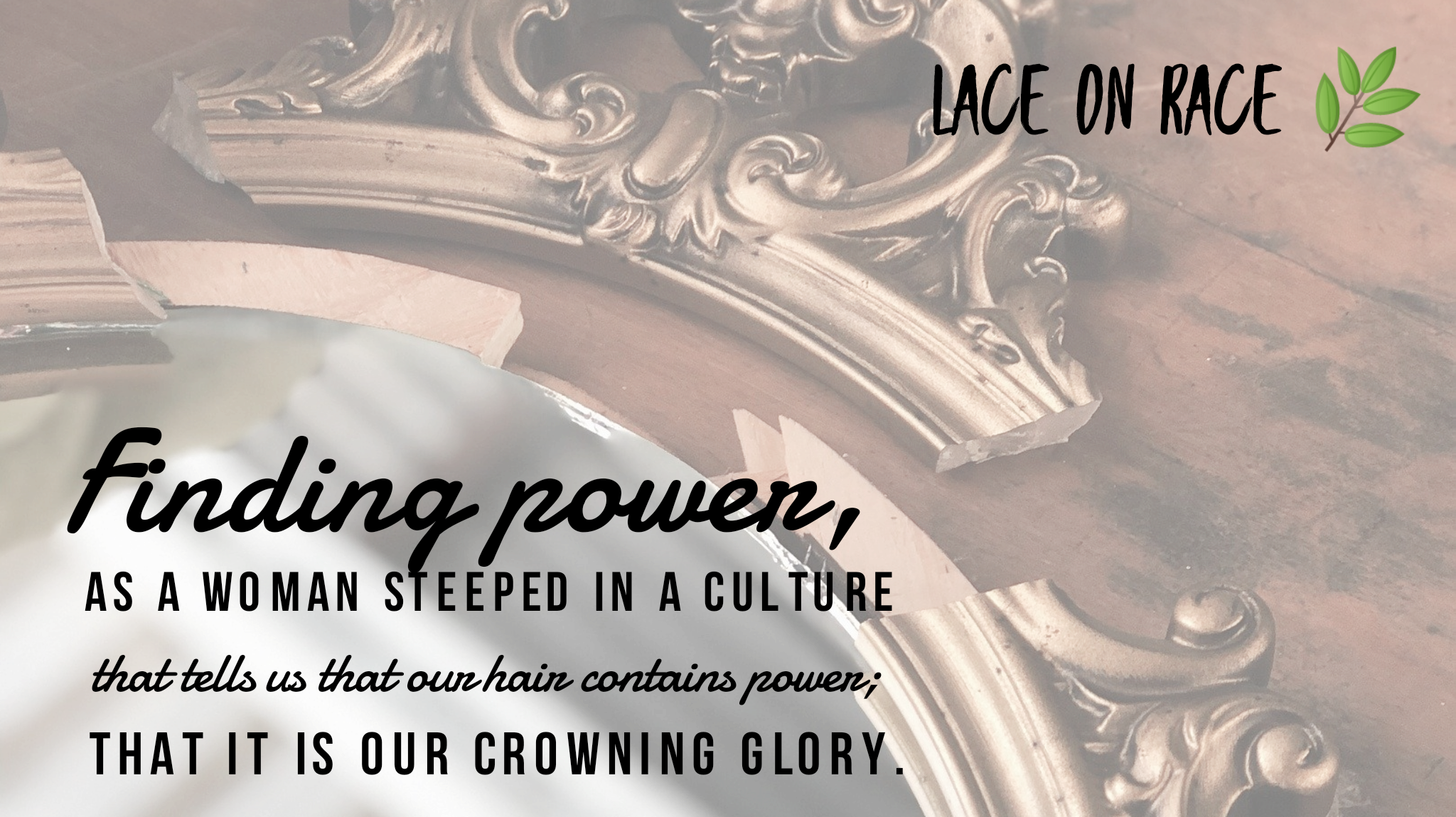In this moving video , Rep Ayanna Pressley talks about her recent hair loss. It broke me.
Like her, I have alopecia; I have lived with it for over a decade now. Like her I have deeply considered the meanings of hair, and its loss, and the social, cultural, and political implications of it.
Like Rep. Pressley says, as a woman, as a Black person, and crucially, as a Black woman, her hair is fraught. As a Black woman often in white spaces, her hair sometimes precedes her. Her choice to wear her in twists, rather than a relaxer was an act of liberation, and an affirmation to millions of black women and girls, showing that it was indeed possible to navigate said spaces with identity and self love intact.
Her twists became part of her brand, like my natural hair, parted straight in the middle with a bun, was mine.
For Black people, our very existence is political. And for Black women, how we define ourselves often includes hair. Not for nothing, Michelle Obama showed her liberation since her time as active FLOTUS showing her natural waves, often shunning the relaxer box.
For those of us with alopecia, the choices we have are no less fraught. With my long face, I have found that what looks best is long, and cheap, fake hair; hair I am quick to disclose as fake, for a number of reasons, the main one being that my hair looks expensive. It is hard for a woman who says that she stands with the marginalized rocking hair that looks like it cost the weekly salary of a lower wage worker. As well, long often codes as Eurocentric, again a seeming dissonance. But in my ten year journey with this challenge, I can tell you that finding fake hair that really works for you is indeed a challenge; and I cannot go completely bald, as I would sometimes like to in the sweltering summer months; my type of alopecia is scarring; leaving my scalp a mess, and what hair I do have is in patches. I like to think, with frequent and quickly made disclosures, that I am subverting the tropes even as I live with them.
Finding power, as a woman steeped in a culture that tells us that our hair contains power; that it is our crowning glory. I can tell you that two of the hardest times of my day are when I face my patchy balding self in the mirror as I reach for my toothbrush, and again at night, as I take it off and massage my scalp and look wistfully at the barrettes and the hairbands I still keep.
But power can come from other places. Being a truthteller is easier. Remembering I am more than my aesthetics, even as I am still vain, is another. Remembering that my scalp is patchy but my fingers still work and my voice is still strong succors me.
My profile is orders of magnitude smaller than Congresswoman Pressley’s, but I still deeply identified with her as she described walking to the House floor in a wig. The first time I spoke with a wig it took all I had to speak; to break through the shame and what felt like another nail in the coffin of impostor syndrome–how I can tell the truth when my hair is a lie?–and feel the fear and the perceived judgement and do it anyway. But, like Pressley, it has given me courage. A piece of me is gone. So i gather up the other pieces that still can move the needle and I keep it moving.
My orange is now unpeeled. But it is still juicy and sweet.
Keep walking.

Leave a Reply